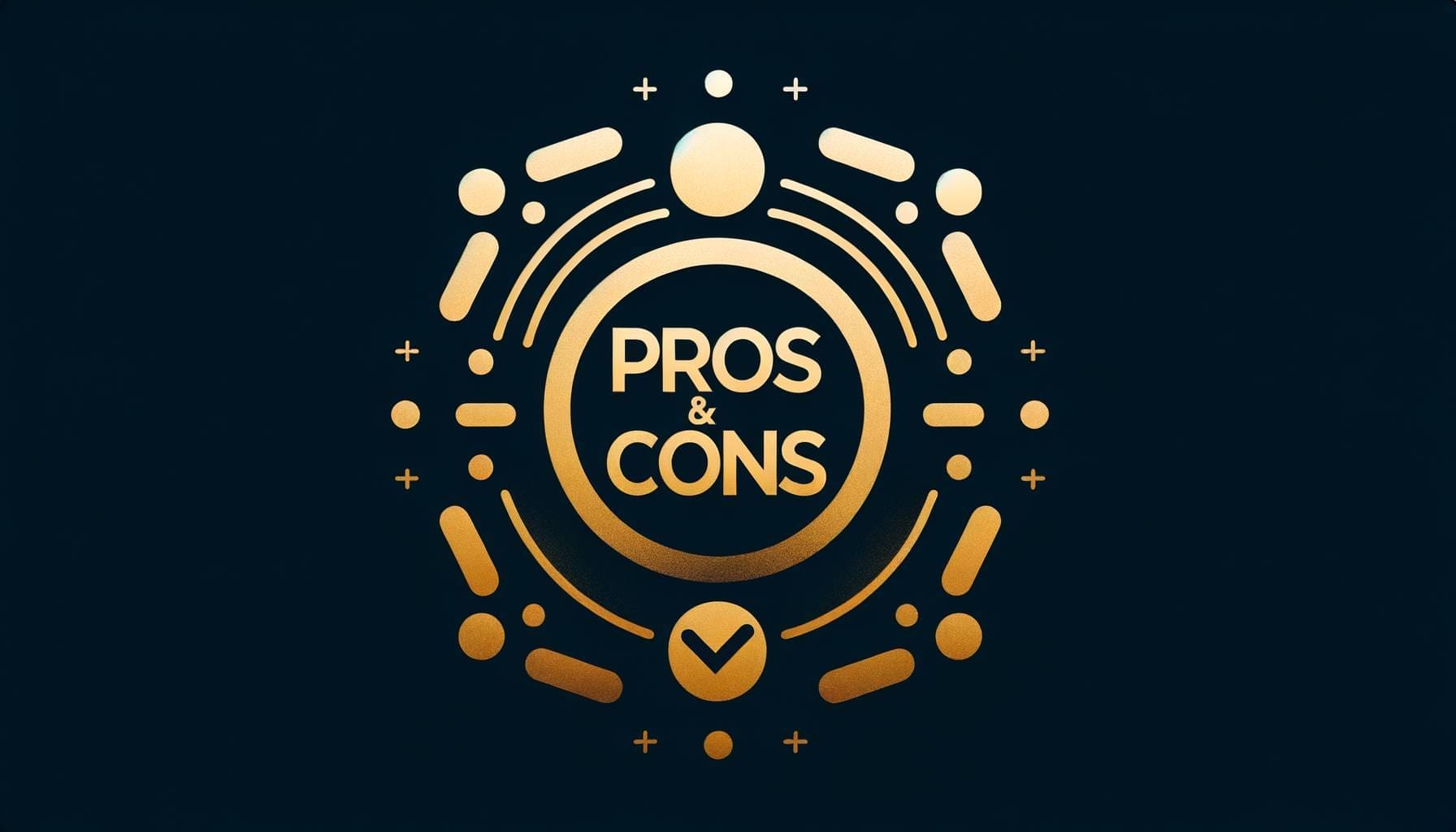The Benefits of Hiring an Independent Consultant
When it comes to growing and modernizing your business, hiring an independent consultant can be a game-changer. These professionals offer their expertise and guidance to help you navigate the challenges of scaling a business, implementing effective strategies, and achieving your growth goals. In this article, we will explore the pros and cons of hiring an independent consultant, weighing the advantages of flexibility, expertise, and cost efficiency against the drawbacks of potential lack of loyalty, communication challenges, and limited resources.
Advantages: Flexibility, Expertise, and Cost Efficiency
One of the primary advantages of hiring an independent consultant is the flexibility they offer. Unlike hiring a full-time employee, consultants can be brought in for specific projects or periods, giving you the freedom to adapt their services to your needs. This flexibility allows you to leverage their expertise when and where you need it most, without the long-term commitment or overhead costs associated with hiring a permanent employee.
Another key benefit of working with an independent consultant is their specialized expertise. These professionals often have years of experience in their respective fields and can provide valuable insights and strategies to help you achieve your business goals. Whether it’s marketing, sales, operations, or accounting, independent consultants can offer fresh perspectives and innovative solutions that may not be available within your internal team.
In addition to flexibility and expertise, hiring an independent consultant can also be cost-efficient. Since consultants are typically hired for specific projects or tasks, you only pay for the services and hours you need. This can be more cost-effective than hiring a full-time employee, especially for smaller businesses or startups with limited resources. Furthermore, consultants often bring their own tools and resources, reducing the need for additional investments on your part.
Drawbacks: Lack of Loyalty, Communication Challenges, and Limited Resources
While there are many advantages to hiring an independent consultant, it’s important to consider the potential drawbacks as well. One of the main concerns is the lack of loyalty that may arise from working with a consultant. Unlike permanent employees who are invested in the long-term success of your business, consultants may prioritize their own interests or move on to other clients once their project is completed. This lack of loyalty can sometimes result in a lack of commitment or emotional connection to your business.
Communication challenges can also arise when working with independent consultants. As they are not part of your internal team, consultants may struggle to fully understand your business’s unique culture, objectives, and processes. Effective communication is crucial for successful collaboration, and miscommunication or misunderstandings can hinder the consultant’s ability to deliver optimal results.
Furthermore, independent consultants may have limited resources compared to a full-time employee or an agency. While consultants bring their expertise, they may not have the same access to a team of professionals or extensive networks that a larger organization may have. This limitation can impact the range of services they can offer or their ability to scale up their support when needed.
Finding the Right Balance
In conclusion, hiring an independent consultant can be a smart move for businesses looking to modernize and grow. The flexibility, expertise, and cost efficiency that consultants bring to the table can greatly benefit businesses of all sizes. However, it’s crucial to carefully consider the potential drawbacks such as the lack of loyalty, communication challenges, and limited resources. By finding the right balance and clearly communicating expectations, businesses can maximize the advantages of working with independent consultants while mitigating potential disadvantages.
FAQ
Q: How do I find the right independent consultant for my business?
A: Finding the right independent consultant for your business requires thorough research and careful consideration. Start by clearly defining your goals and needs, and then seek out consultants with expertise in the specific areas you require assistance in. Ask for recommendations from trusted sources, review their past work and client testimonials, and conduct interviews to assess their compatibility with your business.
Q: Can I hire an independent consultant for a long-term partnership?
A: Yes, many independent consultants offer long-term partnership options. These arrangements often involve a recurring fee or hourly rate for continuous support. Alternatively, some consultants may be open to equity-based compensation, where they receive shares in your company in exchange for their services. It’s important to discuss and negotiate the terms of the partnership to ensure both parties’ expectations are met.
Q: How can I overcome communication challenges when working with an independent consultant?
A: To overcome communication challenges, establish clear lines of communication from the beginning of the engagement. Clearly outline your expectations, preferred communication methods, and provide any necessary documentation or background information about your business. Regular check-ins and open, honest communication throughout the project can ensure that both parties are on the same page and working towards the same goals.

